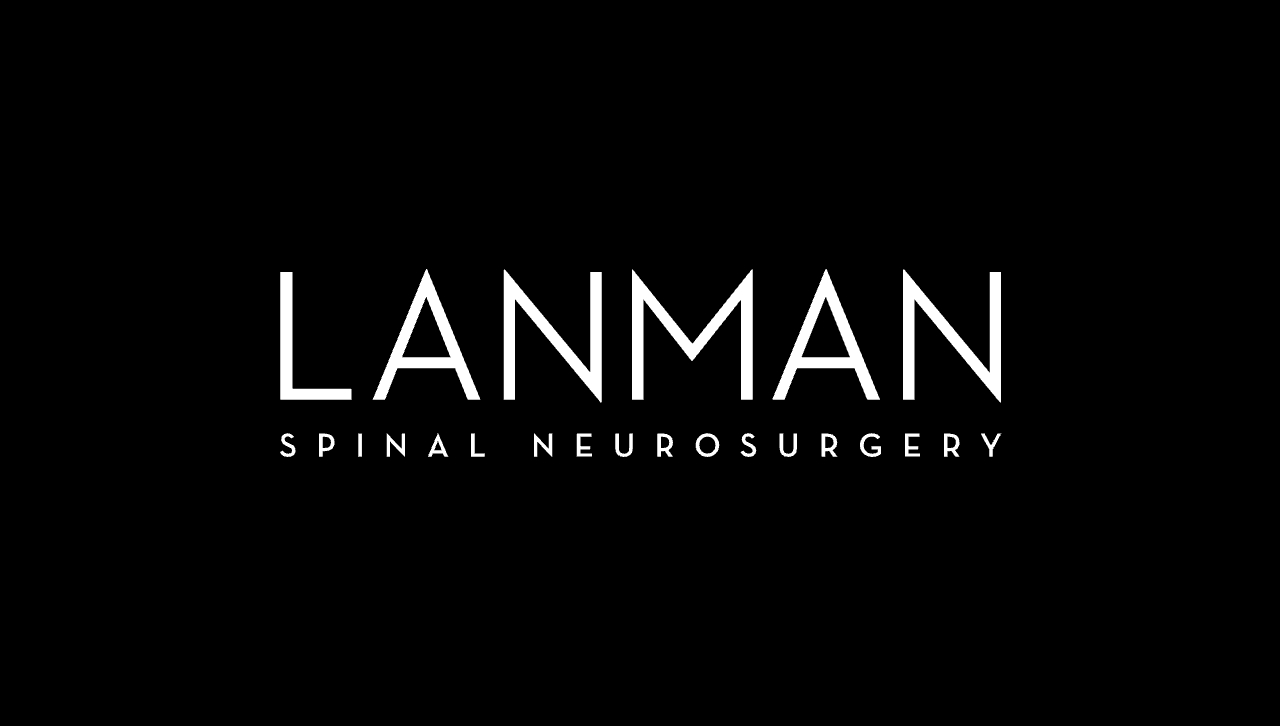Most people with degenerative disc disease can be successfully treated with nonsurgical options such as physical therapy, medications, or spinal injections. If nonsurgical treatments are ineffective, however, your spine surgeon may recommend surgery. The two main choices are spinal fusion and artificial disc replacement. If you are candidate for artificial disc replacement, it is almost always better than spinal fusion because artificial disc replacement recovery is faster, and the spine is left with greater flexibility and mobility. An artificial disc replacement with a disc that contains titanium (titanium disc replacement) is an excellent choice, as we will discuss in this article.
What is a Titanium Disc Replacement?
Artificial discs come in a variety of shapes and sizes but are also made of various materials. Most artificial discs are a combination of medical-grade plastic and biocompatible metal. A titanium disc replacement is the replacement of a natural disc with an artificial disc that contains titanium. The only contraindication to a titanium disc replacement (versus other forms of disc replacement) is an allergy to titanium.
Advantages of Choosing Artificial Disc Replacement made of Titanium
Titanium is a biocompatible material that is well-tolerated by the body. Indeed, titanium allergy is quite rare. Titanium is lightweight and also very durable and resists breakdown or erosion. Titanium and titanium alloys have been shown to promote bone growth and fusion. Additionally, the use of artificial discs preserves the natural motion of the spine, which can help reduce the risk of adjacent segment disease and other complications associated with spinal fusion. As with all artificial disc replacement surgeries, titanium disc replacement recovery is faster than with spinal fusion.
Disadvantages of Choosing Artificial Disc Replacement made of Titanium
While titanium allergy is rare, it can happen. Mild titanium allergy can be treated medically, but severe titanium allergy may mean that the artificial disc needs to be removed and replaced. Titanium is also a relatively expensive metal, which may increase the overall cost of the medical device.
Success Rates of Artificial Disc Replacement Surgery
As with all artificial disc replacement surgeries, titanium disc replacement surgery outcomes are very high. Greater than 90% of patients are satisfied with the results of their surgery. Indeed, both spinal fusion and artificial disc replacement relieve pain and symptoms in the vast majority of treated patients; however, artificial disc replacement preserves and restores spinal mobility in ways that spinal fusion cannot. Furthermore, titanium endplates may provide long-term strength and durability at the bone-metal interface.
Alternatives to Artificial Disc Replacement Surgery
Spinal fusion is the main alternative to artificial disc replacement. In spinal fusion, artificial bone material is used to fill in the space left after the natural disc is removed. The two spinal bones fuse together, preventing pain but also preventing relative motion.
Patients may also choose an artificial disc without titanium. The metals used instead of titanium are stainless steel, cobalt chrome, carbon fiber, and tantalum.
Making the Decision for Artificial Disc Replacement Surgery
The choice of artificial disc is based on a number of factors, the most important of which are size and internal motion. For example, if you have relatively large lumbar vertebrae, you will need a large artificial disc to go between them. Your artificial disc replacement surgeon will likely make the decision based on those factors and your unique anatomy. Titanium is an excellent artificial disc material for all of the reasons mentioned.
Choosing a Surgeon for Artificial Disc Replacement Surgery
Perhaps surprisingly, not all spine surgeons offer artificial disc replacement, even though it is superior to spinal fusion in many ways. Therefore, it is important to choose a spine surgeon who has performed both spinal fusion and artificial disc replacement surgery many times with good success and outcomes. Dr. Lanman has been a pioneer of artificial disc replacement surgery and has performed hundreds of spine surgeries of all kinds. It is wise to speak with more than one spine surgeon before undergoing surgery, but make sure one of those surgeons is Dr. Todd Lanman. As you interview surgeons, ask about their success rate and their complication rate. How many artificial disc replacements have they done? If the surgeon recommends spinal fusion, ask the surgeon why artificial disc replacement is not possible. Lastly, make sure you feel comfortable with your surgeon. Trust your brain and your gut.
Conclusion
Spine surgery is a major investment of time and resources, yet for those who need it, it can be life changing. To get the best result, seek out a spinal neurosurgeon who is an expert in both spinal fusion and artificial disc replacement so that you can make the best, most informed choice. If you do decide on artificial disc replacement surgery, ask your spine surgeon about the various artificial discs that are available and whether a titanium artificial disc is right for you.
Artificial Disc Replacement Frequently Asked Questions
How long does an artificial disc replacement last?
For most patients, an artificial disc replacement will last an average of 70 years without the need for a revision artificial disc replacement. Simulated wear suggests artificial discs could last a minimum of 40 years and perhaps between 50 to 100 years.
Are there any restrictions after artificial disc replacement surgery?
For the first few weeks after artificial disc replacement surgery, you should avoid excessive neck or low back movements, lifting anything heavier than 10 pounds, driving, and running or other high-impact activities. Walking is an excellent activity to do after surgery. After you have healed from titanium disc replacement surgery, there are no absolute restrictions.
What are important factors to consider about an artificial disc replacement surgery?
First, determine if surgery is right for you. Most cases of neck or low back pain resolve with conservative treatments. Like all surgical procedures, artificial disc replacement surgery comes with risks and potential complications. It is important to discuss these risks and the potential benefits of the procedure with your spine surgeon. Artificial disc replacement surgery requires a skilled and experienced surgeon who has specialized training in the procedure. After artificial disc replacement surgery, you will need to follow specific postoperative instructions to ensure a successful recovery. This may include physical therapy, activity restrictions, and regular follow-up appointments with your healthcare provider. May sure you have the time and resources to be able to follow those instructions.
Does insurance typically cover this procedure?
Typically, yes, most insurance companies do cover the cost of artificial disc replacement surgery; however, not all plans cover the procedure. It is important to determine what your health insurance company and your specific plan covers before undergoing surgery.
What is the recovery time for artificial disc replacement surgery?
Initial recovery typically takes two to six weeks, and most patients are able to do just about everything they did before the onset of back pain. Full recovery may take up to 12 weeks.







